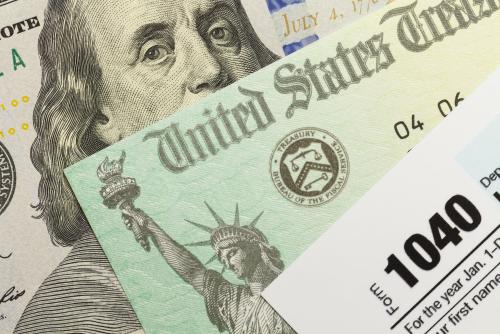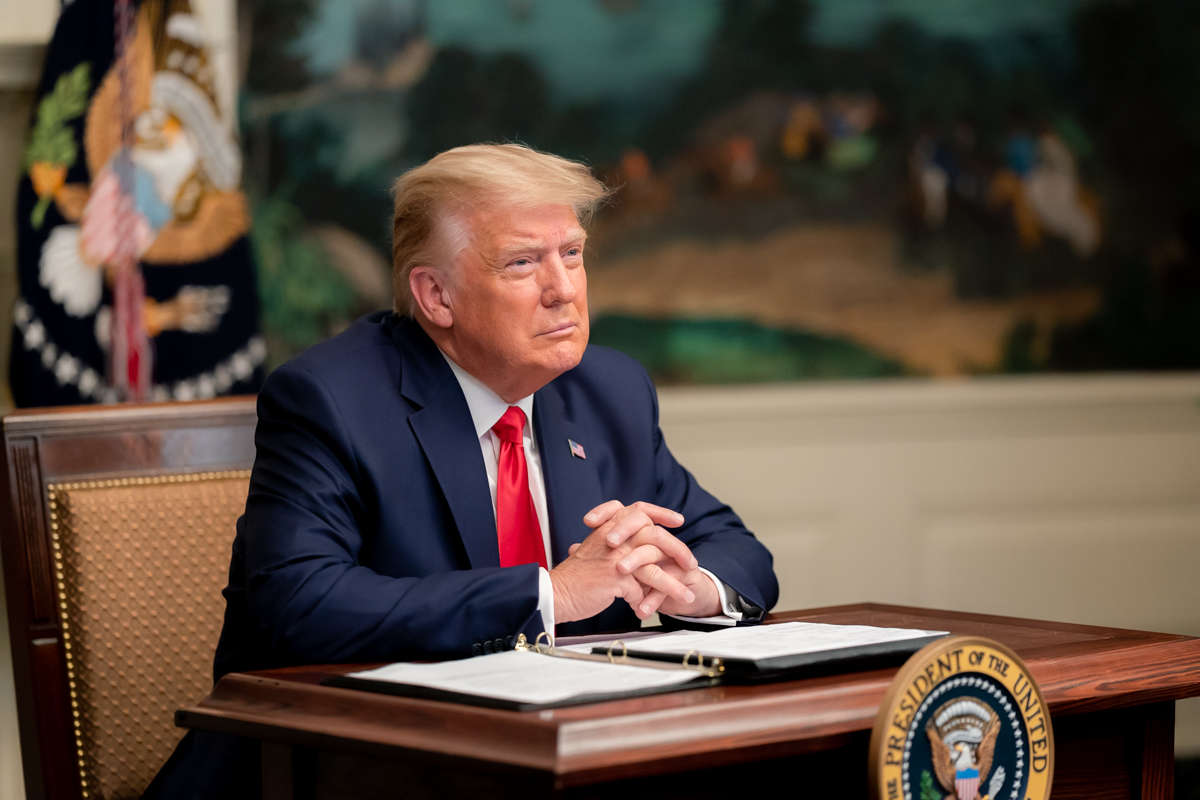Thanks for the great, thought-provoking post.
With regard to tariffs, I have not read that they were a "net positive" in any case, short-term or long-term. I appreciate that they could theoretically put pressure on trading partners in the long term, and I hope that is the case, given the fact that in the short term, consumer goods will definitely increase in cost.
The issue with tariffs is that they may affect the middle and lower classes more significantly, as they purchase many of the same consumer goods that the rich folks purchase. This seems to be counter to what people believed they were voting for this time around (cheaper groceries and commonly purchased items).
I chose a
very right-leaning website to illustrate, here:
https://www.heritage.org/trade/commentary/how-tariffs-and-regressive-trade-policies-hurt-the-poor
Also, your comments about administrations that reduce taxes need context. Decreases in taxes across the board
may stimulate growth and increase the overall tax base, but that isn't what the Trump administration plans to do, from what I read.
The new tax plan will be a big advantage for those making over $400,000 per year (the top 5%). It will benefit the top 1% even more. If you make a modest income, tax decreases will be very small or zero.
https://itep.org/a-distributional-analysis-of-donald-trumps-tax-plan-2024/
So, as I put the tax plan and the tariff plan together, it means that the very wealthy will continue to separate themselves from the common folk, and the middle class will continue to struggle with costs outpacing their net earnings. The very wealthy (like the guy running DOGE), know that this plan will work very well for that small group of people.
Lastly, I predict (not really that hard to predict with the tax breaks for the upper incomes), that the deficit will absolutely skyrocket in the coming four years. Both wings of big government probably have it wrong.
Read: Harris bad, Trump worse (for federal deficit). Here's a non-partisan link about this:
https://www.pbs.org/newshour/politi...d-increase-under-harris-but-surge-under-trump
Tariffs are a whole different animal and we could actually start a new thread as big as that topic is. Coincidentally a huge part of my job is dealing with tariff-affected products. Where I work we have a mix of imported components and sellable goods coming from China primarily, then India, then Vietnam, and the smallest portion of our imports comes from Canada. The Canadian stuff is barely 6 figures over a fiscal year, but the China product is upper 8 figures.
The 10% Trump installed years ago did absolutely nothing, and the increase to 25% he put in place shortly after did nothing either. Unless you count inflating end user prices as doing something.
The problem with tariffs is that after a very short period of time they just become permanent price increases that no one pays any mind to...
We have five main liaisons/brokers that we use in China, and I happen to be the "guy" at my company who manages the workings, really boring stuff but part of that includes quote and cost analysis trickling into our pricing on the outgoing side here in the states. When Trump put the first 10% in effect we tasked our importers with providing us their declared cost on the affected items and to my (somewhat) surprise, they readily provided it. I should back up and explain for folks who don't know, these tariffs are based on declared cost of the exporter, not the selling price. If you put it on the selling price there's a whole bunch of accounting monkey business that can go on in addition to the monkey business they already do...
So, if I buy a widget from China for $20, the tariff isn't applied to the $20 number. It's applied to the seller's
cost declared on that item.
Cannot stress that enough. If they declare their cost is $14 and there's a 10% tariff in effect, the additional cost to us (importer) is $1.40. That $1.40 would be added to our $20 we already pay. The reason I bring this up is that even though I hate tariffs, there is a (mostly leftist) contingent out there saying that if we put a 25% tariff in place, those goods will increase by 25% to consumers. That is wacko and those people do not now how finance and commerce work at all.
Anywhoo...the problem is that these tariffs, like I mentioned, have no intended effect because like any other cost increase we pass most of it on down the line and it just becomes inflation at some point. We pay the tariff when we import, the we pass it to OEMs, they pass it to distributors, they pass it to dealers, and dealers pass it to end customers. There's nothing at the end of the line that itemizes it and makes it jump out to anyone that, "Hey, this $1,500 price hike since last year on your equipment is due to tariffs..." So it gets ignored and just becomes inflation.
Also, I want to say that the soap box screamers yelling about how this is only hurting end-users are full of shit. We all get hammered by it because yes, we pass it on, but we also share it with everyone. For example...lets say Trump puts in place a 25% additional tariff in place and to maintain our margins at my company, we have to hit customers with a 15% price increase. If you've ever been in business you know that's pretty frickin big in the manufacturing chain. So what happens is our customer says, "Fryowa Inc., there's no way I can do 15%, I'll go out of business, man..." So we say, "Ok, we'll share the burden with you buddy, we'll only do 12.5%, but I need you to give us hard POs in place for the next 12 months and agree to a higher minimum quantity..." and the deal gets done. It's more complicated than that but you get the idea. And then they do that all the way down the chain. The tariffs hit EVERYONE. They erode everyone's margins and don't do anything to solve any problems.
For you wack jobs out there thinking this is going to help get fentanyl off the streets or all of a sudden create a bunch of jobs...did it happen when Trump did the first 10%? Did it happen when he bumped it to 25%? Nope. Nada. You know what we did when it happened? We started methodically shifting what production we could to India and Vietnam.
We are members of some really good consortiums in the Midwest and when this initially happened the first go-round there were companies out there that thought they'd handle it to their customers with a surcharge, so they could be transparent and show their customers what their cost increases really were and hopefully ease the pain etc. Meh...nice idea but it didn't work for any of them and within a few months they all had egg on their faces. You know what a buyer does when he/she sees a surcharge as a separate line item on a PO? If they're doing their jobs correctly they're constantly asking and hassling the seller as to when that surcharge is going away or being reduced. It's right in their face everytime reminding them. Surcharges are intended to be either 1) temporary or 2) variable. These tariffs are neither temporary nor variable in the short term. They are just going to be inflationary, permanent price increases that never go away.
You think if China complies with all of Trump's demands (don't worry, they won't), Trump is all the sudden just going to shut off a 65% tariff and make Chinese goods cheap again, losing all that tax money?
Get. F*cking Real. You can't put this genie back in the bottle after you let it out.

www.ted.com



